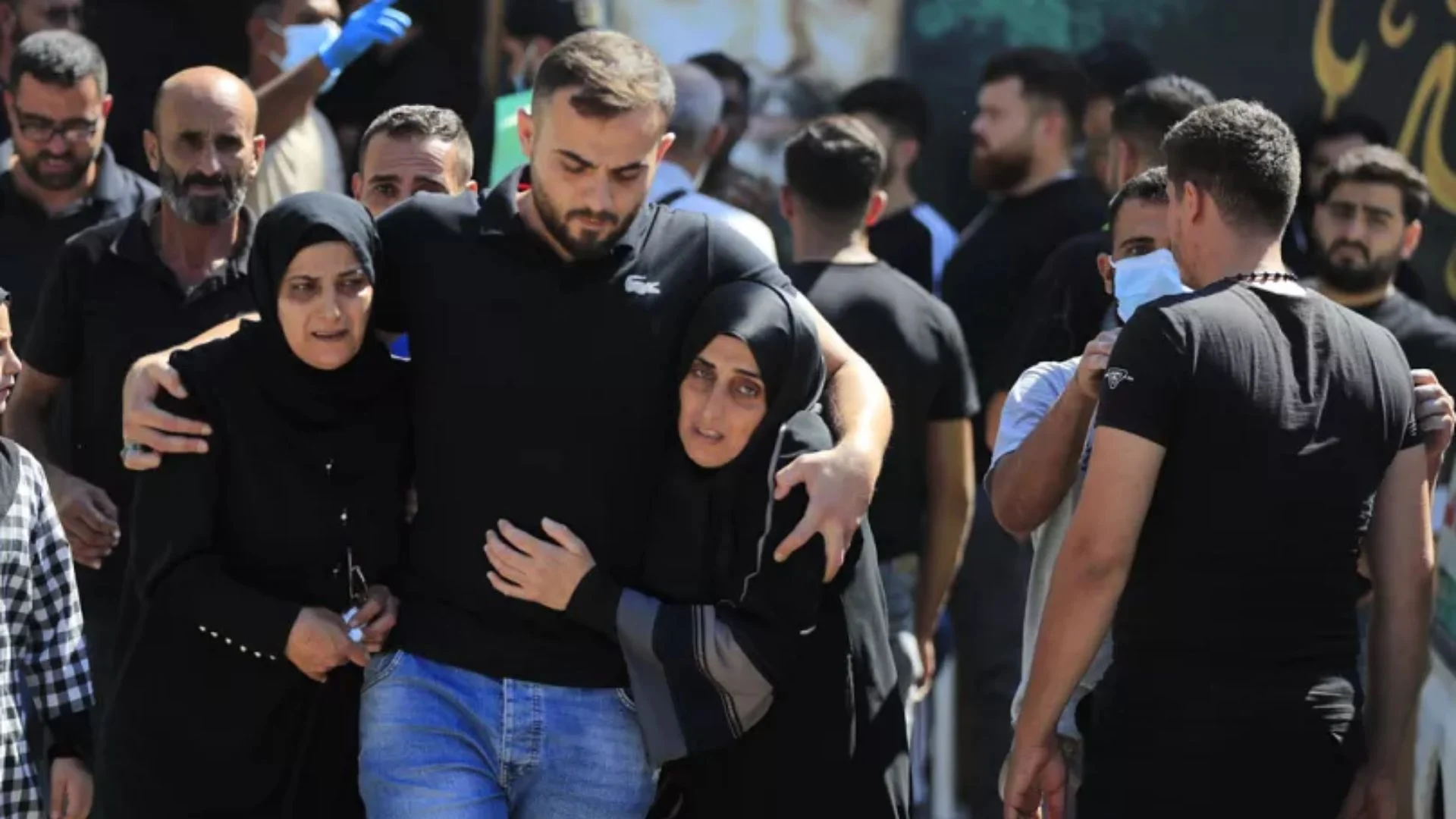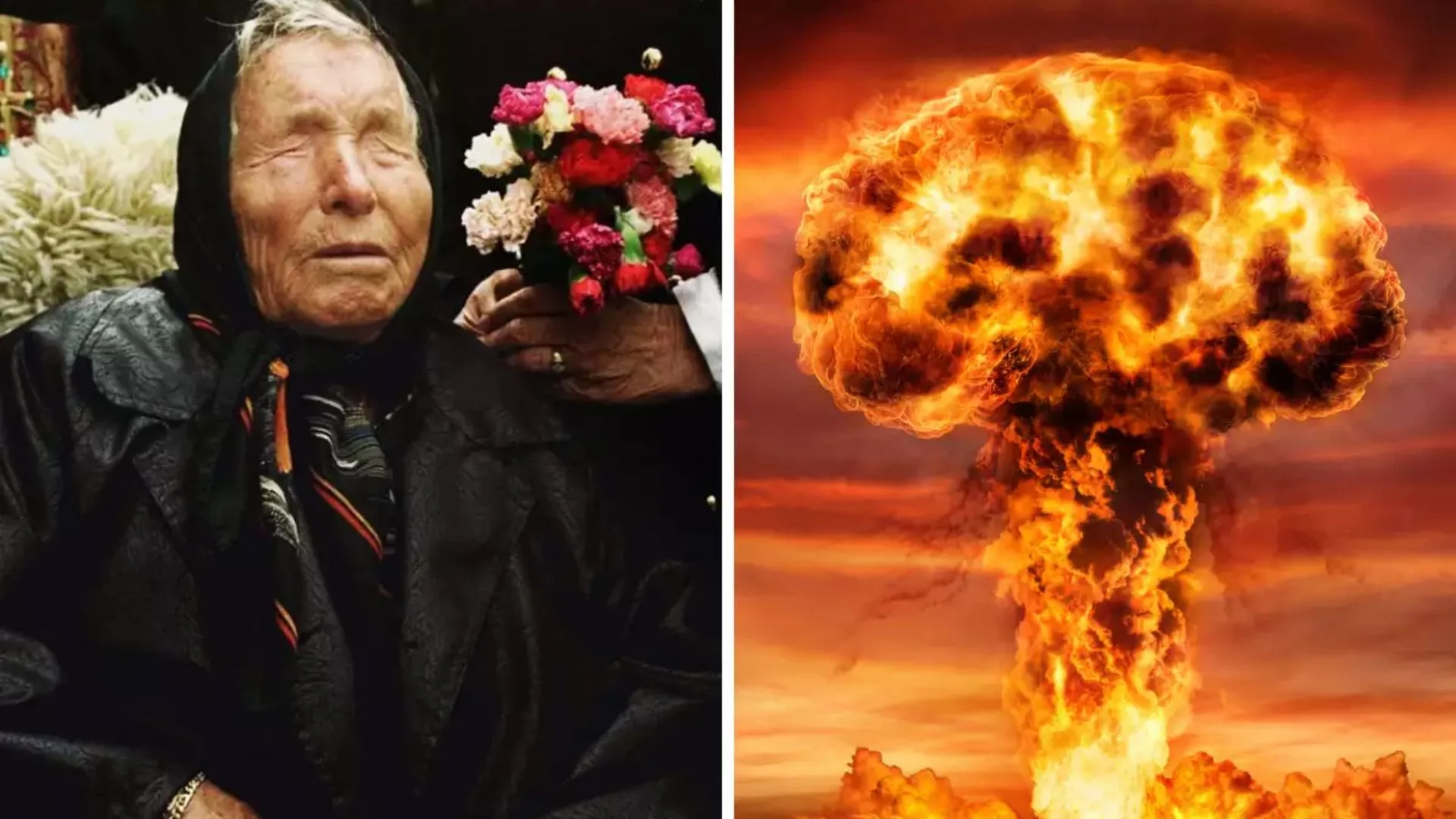
Breast cancer is ranked the number one cause of cancer amongst Indian women with an age-adjusted rate of 25.8 per 100,000 women. The number of women who succumb to this disease is almost 12.7 per 100,000 women. Radiation therapy forms an integral and important part of the armamentarium for the treatment and cure of breast cancer. The aim of radiation therapy is to kill the DNA of the cancer cells that persist and lead to relapse after surgery and chemotherapy. Radiation is delivered with megavolt X-Ray generating machines to the breast and lymph node areas after surgery to create a cancer-free zone.

Radiation is always recommended after breast-conserving surgery and over eight randomised trials since the 1980s have established the role of radiation in breast cancer. The trials done in the 1980s-1990s showed remarkable control rates of >90% for stage 1-2 breast cancer post Breast Conserving Surgery (BCS). Data has shown that radiation reduced the risk of local recurrence by 50% when given post-surgery versus the patients who did not receive radiation. The biggest benefit was seen in women less than 40 years of age where only 10% women developed recurrence as compared to 19.5% in women not receiving radiation. The study had been conducted by the European Society for Radiotherapy and Oncology enrolling 5300 women with stage 1-2 breast cancer. Women with stage 1-2 breast cancer with negative nodes in the axilla do not need radiation unless they have other aggressive features like lympho-vascular invasion, margin positive disease or triple receptor-negative breast cancer.
For stage 2-3 breast cancer with lymph node involvement in the axilla, radiation therapy is recommended as it reduces the risk of local recurrence by 67% and the risk of death by 6%. A study published in the New England Journal of Medicine reported a decrease in the risk of death from cancer by 33% and the probability of survival at 10 years with radiation treatment increased from 54% to 64%. Hence the current recommendation is to support the use of radiation therapy for women in stage 2-3 breast cancer after surgery and chemotherapy. Women at high risk of recurrence include
Cancer size >5 cms
lymph nodes involved in the armpit (axilla)
Cancer at the surgical specimen cut margin
In stage 4 breast cancer or post radical treatment with surgery and chemotherapy, the incidence of relapse is 36% in patients not treated with radiation versus 19% in patients treated with radiation. Radiation is also an effective tool for pain palliation in bone metastases and stereotactic radiosurgery (SRS) or stereotactic body radiotherapy (SBRT) is the recommended treatment for brain metastases and lung/liver metastases respectively. SRS & SBRT have been shown to aid and prolong the intracranial/intrapulmonary control of cancer in addition to chemotherapy/immunotherapy/hormone therapy.
To summarise, radiation is a key member of cancer care in breast cancer for local, loco-regional, recurrent and metastatic disease control.
The author is Chairperson Radiation Oncology, Cancer Center Medanta – The Medicity.















